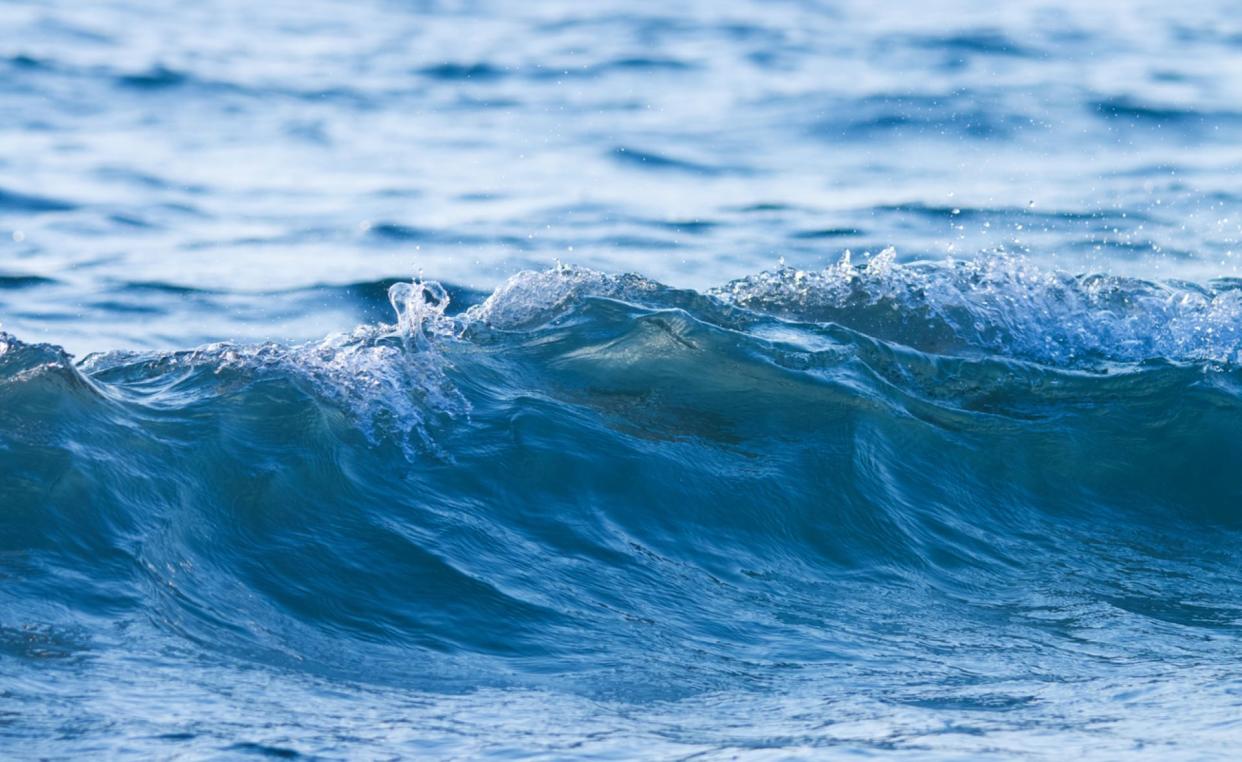Experts reveal concerning reason Gulf Stream may be weakening: ‘The strongest, most definitive evidence we have’

It seems the Gulf Stream could use a Flomax prescription.
That’s because experts are monitoring troubling data regarding slowing water flow through the Florida Straits. The result could be altered weather patterns in North America, Europe, and other places around the world.
Experts are 99% certain that the stream has weakened, slowing about 4% during the last four decades, per a report from Space.com.
What’s the Gulf Stream?
It is a powerful ocean flow that carries warm Gulf of Mexico water to the Atlantic, traveling up the East Coast to Canada. It impacts weather in Europe, too, according to the National Oceanic and Atmospheric Administration (NOAA).
The stream is powered by strong, circular wind patterns, per NOAA.
Why is it slowing?
While most climate experts agree that human-caused planet overheating is increasing the odds of more severe weather, they can’t say for sure that it’s causing this change in the Gulf. Increased fresh water from melting ice sheets could be impacting the stream, but experts are not sure, according to Space.com.
“It could be due to climate change, or something natural,” Weather Channel meteorologist Ari Sarsalari said in a video clip.
Planet overheating is already contributing to warming waters in the North Sea that experts fear will wreak havoc on underwater life.
Researchers studying the Gulf Stream have some data to help forecast repercussions from its slowing. Sarsalari referenced data that “suggested” a 10% Gulf Stream slowdown may have triggered the Little Ice Age, a cooldown that happened from about 1200 to 1850, per Reuters (date range estimates vary slightly).
Britannica notes that during that period, the “mean annual temperatures across the Northern Hemisphere declined [by 1.1 degrees Fahrenheit] relative to the average temperature between [the years] 1000 and 2000 CE.”
The current 4% slowing is not quite Little Ice Age territory, but it could be an early indicator of changes to come, according to some experts.
“This is the strongest, most definitive evidence we have of the weakening of this climatically-relevant ocean current,” study lead author Christopher Piecuch, a physical oceanographer at the Woods Hole Oceanographic Institution in Massachusetts, said in the Space.com story.
What can I do?
As weather patterns change, it’s important to understand how the differences impact parts of our lives that we might not consider. Certain insurance companies, for example, are not offering coverage to areas with high natural disaster rates.
It’s something to think about when choosing where to live.
To help cool things down (which will have many benefits, even improving our kids’ education), buying electric vehicles and planting trees are ways to contribute to cleaner air and a cooler planet as part of a lifestyle that helps to reduce air pollution.
Join our free newsletter for weekly updates on the coolest innovations improving our lives and saving our planet.

